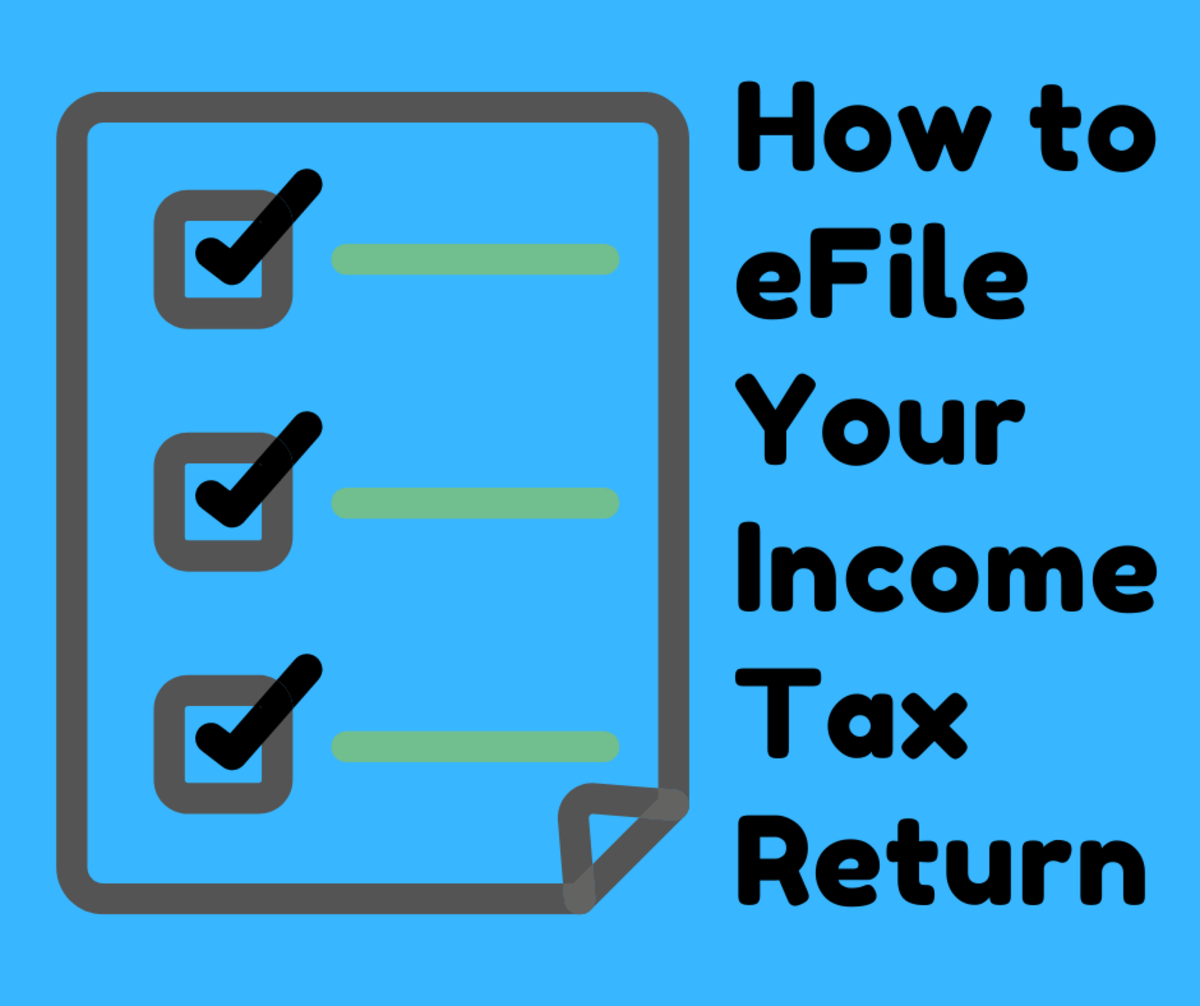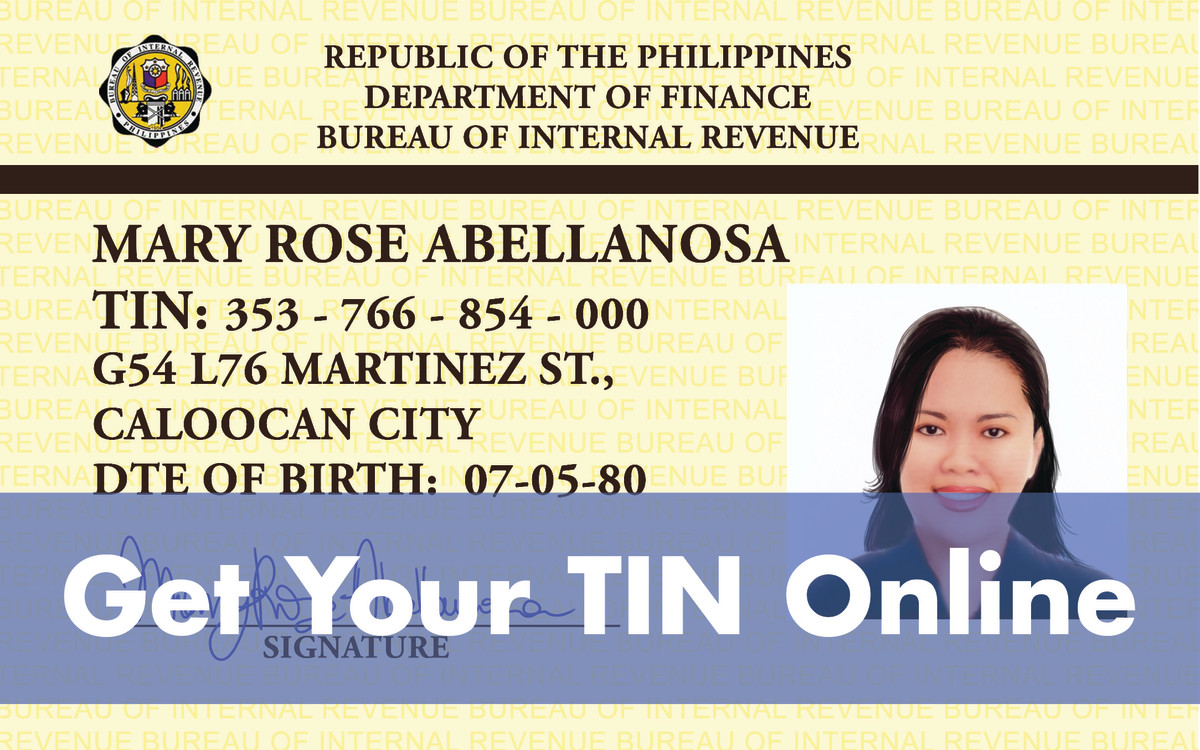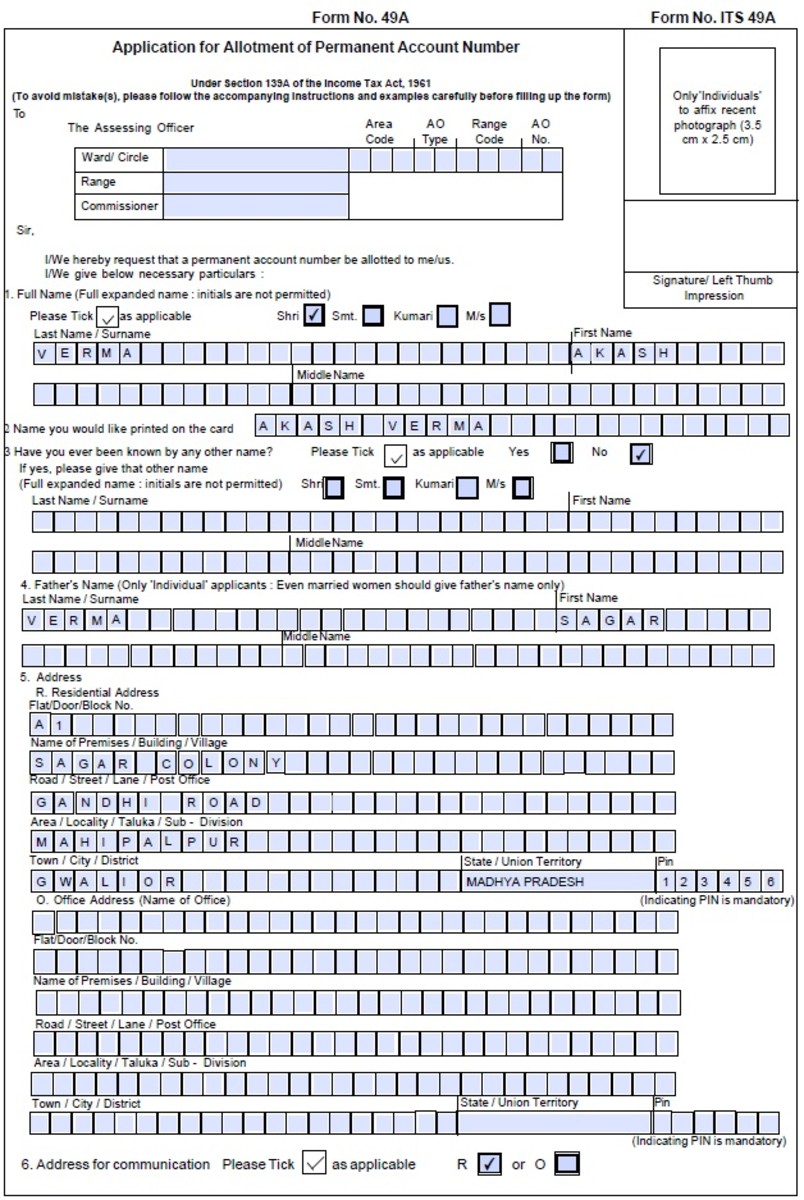- HubPages»
- Personal Finance»
- Tax & Taxes»
- Income Tax
The IRS Tax Audit Process: Preparing for the Audit
You may never know why the IRS picked you for audit. What matters after you are picked is understanding the tax audit process. Preparing for the audit is the single most important step to winning.
The IRS (or state if you are facing a state income tax audit) will audit several years at once even if they do not mention this fact in the original letter. Your preparation for the audit needs to include all the years still within the statuette of limitation. The federal statuette of limitation is three years from the due date of the return or two years from the time the return is filed, whichever is longer. Most states have a four year statuette of limitation. This allows the state to piggy-back federal audits.
Gather all your papers and a copy of the tax return for every year still in stat. If it is June 2010, tax years 2007, 2008, and 2009 are in stat. Most states will have 2006 in stat, as well. This assumes you filed by the due date. If you filed an extension for the 2006 and filed near the end of the extended due date, 2006 will still be in stat for audit, too.

Gathering Documents
It is best to be prepared for all possibilities in an audit. An original audit letter from the IRS will indicate the year to be audited. Once the audit begins, additional years will be reviewed in full or in part, depending on the results of the original tax return under review.
Gathering all your documents for every year that can be audited does not mean you volunteer all the paperwork. You want everything in order so you are prepared for any requests.
Start with each tax return. Gather the receipts for each entry and paper clip them together. For entries with several items added together, run a check tape and paper clip that to the top of the receipts.
Make a note of any discrepancies. Where the numbers do not add up, the IRS auditor will take a special interest. This article is number 2 in a 10 part series. Discrepancies will be handled in a later article.
You Versus the IRS Part 1
Organizing Your Paperwork
The IRS will ask for a generic production of records. This request is invalid.
When the IRS auditor asks for everything, request the auditor to detail what everything means. When the auditor lists all the forms and lines on forms they want information on, they frequently skip some to save time. If there are no other questions on the tax return, these areas never get examined.
Once the IRS makes a request for documents, the auditor will open all tax years still open to audit. Most audits are for businesses. If the auditor does not request personal itemized deductions, do not provide them. Still, have your itemized deductions added up. You want to know in advance where you stand.
Specific areas the IRS requests receipts for require special care. The IRS audits a tax return because they think they can generate more revenue for the government. The auditor will inform you at your first meeting that they do not mind if there is a refund generated in an audit. This is a half truth. The IRS does not hire auditors at a cost of $150,000 per year in wages and benefits to hand out more money. It is your job to request any monies owed you by the government. You are being audited because the computer, and later, the auditor, saw something that leads them to believe they could assess additional tax once the tax return is reviewed.
You Versus the IRS Part 2
Auditing Yourself
Once your records are gathered and added, compare your tax return to your records. The best way to prepare for an audit is to look at your tax return from the IRS auditor’s viewpoint. Most things the IRS will look at are apparent when looking at your tax return. Certain numbers look out of proportion to other numbers.
The auditor has little to no interest in small deductions. Sixty-eight dollars of office expense on a business return will not interest the auditor; eighteen thousand dollars will.
It is normal to have insufficient receipts for some deductions. Either you lost the receipt, put it with another deduction, or you recorded the deduction incorrectly.
Work to get your receipts matched with the appropriate deductions on the tax return. Prepare your explanation for any missing deductions or under reported income. If you made a mistake, it is best to come clean early in the audit. Giving the auditor a small win early on can speed the audit to a conclusion, with less scrutiny on other areas of the tax return.
You Versus the IRS Part 3
Review and Final Notes
Once you are notified by the IRS or state department of revenue, follow these steps in preparation for the audit:
-
Gather all tax returns, documents, and receipts for all years in stat.
-
Add all receipts for every area of the tax return, even those areas not under scrutiny.
-
Work to match documents and receipts for each number on the tax return.
-
Audit yourself.
-
Prepare an explanation for each discrepancy.
When you follow the steps above you are well prepared to win a tax audit. The IRS audit process is not a big mystery. The auditor is looking for verification of several items on the tax return. Having your paperwork in order gets the auditor out of your life faster, and in an audit, faster is usually better.








